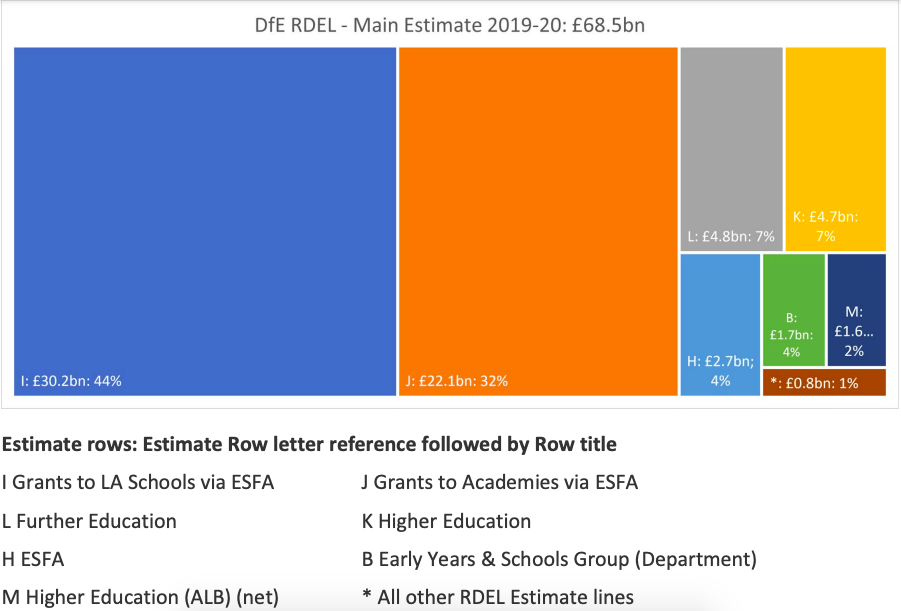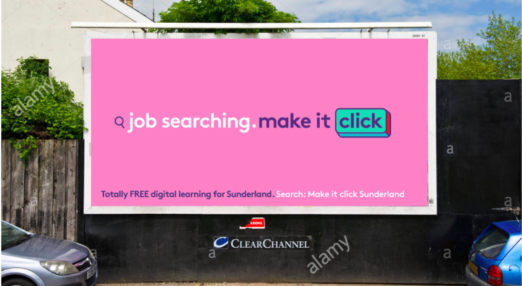Over 25? A re-introduction to Job Seeking and Adult Education in 2021
Interested in adult education? Our Digital Social Inclusion Officer, Matt Moxon takes a look at job seeking and adult education in this extensive piece.
I think it is fair to say that most people in the UK will, at one time or another, attend some kind of training course or class room – after they’ve left school. Whether it is as a recommendation from the job centre, as part of on-the-job training or simply for your own benefit and enjoyment, continuing to learn and improve skills is a fact of life. However, the structure and landscape of adult education is much more crowded compared to primary and secondary schools.
As life begins to return to relative normality after the pandemic, millions of adults will be looking to get back in to work and looking to gain training or a qualification to help them on their way. I have recently supported my friend with his Universal Credit application which sparked a question about careers advice, training and qualifications. As we discussed the different big players in the industry, it made me realise that, even having worked in the area for over 5 years, adult education is confusing! With so many different routes to take and organisations to turn to, I thought it would be best to try and provide a little bit of guidance for my friend and anyone else in a position like his.
Career advice and coaching – a competitive market, within a competitive market
When we’re teenagers and asked, “what do you want to be when you leave school?”, I suspect the majority of us had absolutely no idea. It’s such a huge question for anyone to answer, at any time of their lives, and many people never really find an answer well beyond their teenage years. Trying to internet search your way toward some concrete careers advice can also be pretty overwhelming.
Whilst there is a huge amount of great information online, a significant amount of it is targeted at college or university leavers, and none of it can really replace a 1-to-1 conversation with a knowledgeable advisor. It immediately becomes apparent when searching online that the environment is much more crowded than the neat and tidy career advice pathways provided to students via their colleges and universities. When many people like my friend need a real conversation with a real person to help them answer the big question, endless articles and web pages aren’t going to cut it.
Importantly, like so many other parts of the internet, most career advice and job search websites are based on a “pay-per-click“(PPC) model and look to make money from advertising, or they offer premium services to employers or agencies. For example, websites like Indeed, Monster and Total Jobs and getting paid by advertisers and employers to include their adverts or bump their specific job listings to the top of the pile. So you may see a food hygiene course or a customer services job in your search result when it’s not at all relevant to what you were searching for.
Including “face-to-face” or “1-to-1” in my web search raised a clear distinction for me between career advice and career coaching, which I believe could be a stumbling block for many people as they re-engage with the job market after lockdown:
- Career advice is a very broad term, and as such can be very light touch. It could be someone handing you a leaflet about the aerospace industry, to someone telling you their experience of a food hygiene course or an online article about job interview techniques. It’s a huge spectrum.
- Career coaching is also a very broad topic, with the important distinction that coaching (and equally, mentoring), is focussed on one human being, supporting another – something that I believe is the key to helping people cut through a lot of information to what the best route is for them.
There is a great factsheet from the Chartered Institute of Personnel and Development (CIPD) on coaching and mentoring and the overlap between the two. When it comes to re-engaging with the job market, I would recommend taking a look at the National Careers Service which offers a contact centre and webchat service to get you in touch with a person first and help you find the right next step.
More on face-to-face support
Once you have a clear idea of what job you are looking for, the skills you would like to improve, or the qualifications you would like to gain, who are you going to turn to to help you get where you want to go? The logical direction would be government support. However, there are two important dates to remember from recent years when re-engaging with Job Centre Plus.
Firstly, June 2011, the Work Programme is introduced. This represented a significant outsourcing of usual Job Centre responsibilities, like coaching and training, to third party, private sector organisations. You can find which organisations deliver the work programme in your area here. However, this support was limited to people who are “long-term unemployed”, which is defined as claiming benefits:
- after three months – if not in education, employment or training
- after nine months – if aged 18 to 24
- after 12 months – if 25 or over
Secondly, February 2012, the rollout of Universal Credit begins. Universal Credit (UC), was intended to simplify the benefits system by combining multiple benefits into one payment. This also represented a shift to an “online-first” approach, again reducing the amount of face-to-face support provided by the Job Centre.
These two policies in combination have caused a drastic reduction in the amount of immediate, face-to-face support available at your local Job Centre, and so their effectiveness in supporting unemployed people has been subject to a lot of scrutiny – including their effect on older job seekers.
The Resolution Foundation has warned of a “U-Shaped Crisis”, resulting in “the risk that older workers receive a lower quality of service than younger workers”. It is worth mentioning that the Government certainly shouldn’t be criticized for focussing on youth unemployment. Looking at the latest unemployment numbers by age group, 14% of people aged 18-24 are unemployed, by far the biggest group. However, this still leaves millions of others aged 25 and over, who are excluded from receiving the same levels of support.
Back in October 2020, the Chancellor, Rishi Sunak did announce new funding and initiatives for supporting people back into work. Firstly, the Kickstart scheme, a programme aimed at encouraging employers to create jobs for people aged, you guessed it, 16 to 24, so no luck there then. He also announced the Restart Scheme, supporting anyone who has been claiming UC between 12 and 18 months, good news! However, looking at the list of named organisations taking part in the Restart scheme and comparing it with the list of Work Programme providers, there are striking similarities. We shall wait and see – the scheme starts June this year.
So where can you get training and support?
Access to training for adults outside of formal education receives significantly less funding than schools, colleges and universities. As the below chart from the Department for Education shows, the blue and orange representing schools, grey representing colleges, yellow showing Universities and the light blue representing funding for the adult education budget.

That portion of funding has previously gone to some of the fantastic organisations who make up our Online Centres Network, which has supported millions of people over the last few years to improve not only their digital skills, but many other training needs that they may have. The network is made up of organisations like council Adult Education departments, charities, community interest companies and small businesses. There are some fantastic examples out there like 100% Digital Leeds,Starting Point in Stockport, One Parent Families in Edinburgh and Go Woman! Alliance in London. If you would like to find a centre in your area you can use the find a centre feature on our website.

Matt Moxon
Digital Social Inclusion Officer
As Digital Social Inclusion Officer, Matt keeps an eye on government policy and leads on projects a number of our digital inclusion programmes. Matt is always inquisitive, happy to work with other teams and learn more!
Skills for work in communities
We believe digital skills support is best delivered in trusted spaces, at the heart of communities. Through our partnerships, we work to further understand the skills needed for work in 2021. Take a look below.



